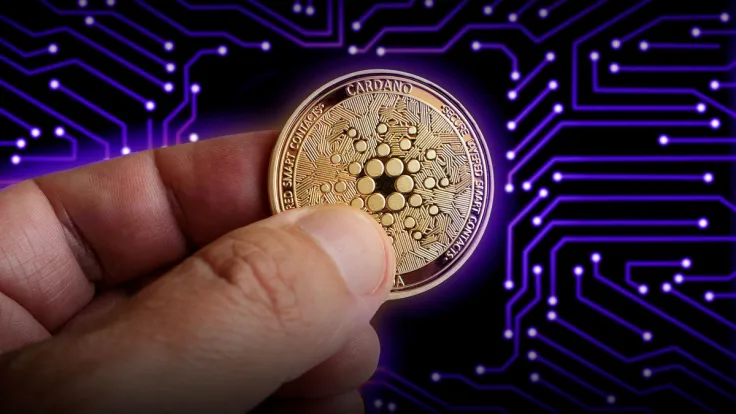
Disclaimer: The opinions expressed by our writers are their own and do not represent the views of U.Today. The financial and market information provided on U.Today is intended for informational purposes only. U.Today is not liable for any financial losses incurred while trading cryptocurrencies. Conduct your own research by contacting financial experts before making any investment decisions. We believe that all content is accurate as of the date of publication, but certain offers mentioned may no longer be available.
With the Vasil update on the horizon, numerous parts of the Cardano network are going to be upgraded, polished and released, but one of the most anticipated and importants parts of the hard fork is the decentralization of the networking layer, which will make Cardano more decentralized and resilient.
Cardano has previously reached complete decentralization of block production, which is an important step prior to the networking update. This layer is a physical infrastructure that combines nodes and their interaction into a unified system.
#Decentralization of the networking layer of #Cardano is the most anticipated upgrade after the #Vasil HFC event
— Sooraj 🚢 (@Soorajksaju2) August 27, 2022
P2P is one such upgrade that will make #Cardano a far more decentralized & resilient network than what's it now
So here's a thread on peer-to-peer (P2P) networking
This layer of the system is designed for distributing information about transactions and block creation among all the nodes operating at this point. The networking layer is one of the three pillars that hold the Cardano blockchain.
In order to achieve maximum effectiveness of the network, the nodes must have minimum communication delay while having strong resilience to failures, capacity constraints or hackers.
As for now, Cardano's networking layer is based on the TCP/IP stack, which ensures relatively fast and safe data delivery between nodes. The configuration is based on a centralized tool called a "topology updater."
With the Vasil hard fork, the layer will no longer use the topology updater but utilize a P2P network, which is expected to enhance the flow of information between nodes and remove the need to use centralized services.
Technically, Cardano will reach complete decentralization as the components of the P2P network will be a P2P governor, a connection manager, an inbound protocol governor and a server.
P2P has always been a much-anticipated upgrade for Cardano, which is going to enable complete decentralization of the networking layer and add more full nodes like Daedalus to propagate blocks.

 Arman Shirinyan
Arman Shirinyan Alex Dovbnya
Alex Dovbnya Dan Burgin
Dan Burgin Gamza Khanzadaev
Gamza Khanzadaev